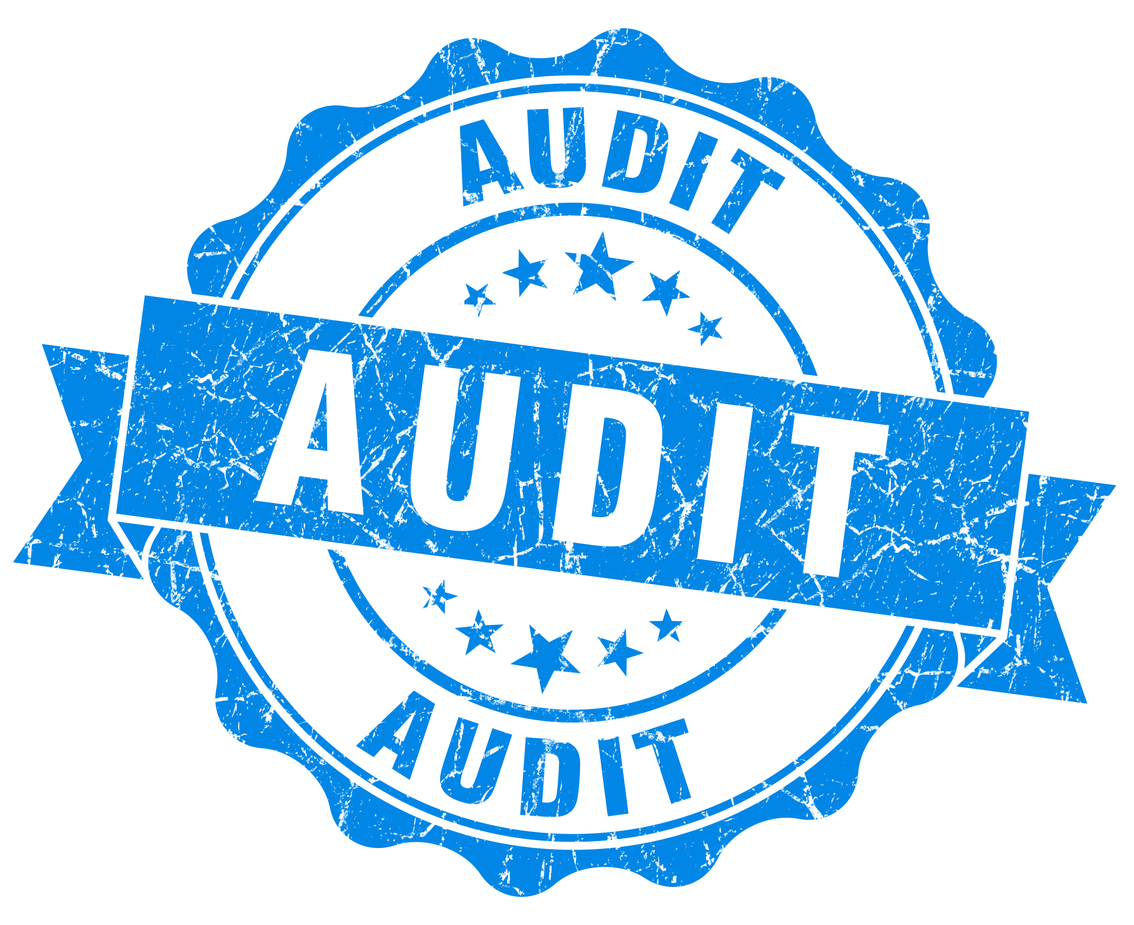
Business Support Update: Coronavirus (Scotland) (No. 2) Act 2020
Date: 15/06/2020 | COVID-19, Corporate, Real Estate, Regulatory Law
Following on from the Coronavirus (Scotland) Act 2020 (“First Act”), which came into force on Tuesday 7 April 2020, the Coronavirus (Scotland) (No.2) Act 2020 (“Second Act”) has come into force (from 27 May 2020). The Second Act makes further changes to the law to support businesses and individuals, as well as help public services continue to operate.
This article explores how the Second Act enables or restricts the ability of the Scottish Government to support businesses.
Summary
- The Second Act allows Scottish Ministers to make new regulations about reduction or remitting non-domestic rates
- Regulations providing some general and targeted non-domestic rates relief have been in force since 31 March
- The Second Act imposes a prohibition on the Scottish Ministers providing a person connected with a tax haven with a coronavirus related grant
Non-Domestic Rates
The Second Act introduces enabling powers that allow Scottish Ministers to make regulations about non-domestic rates during the 2020-21 financial year. The regulations would prescribe rules in accordance with which amounts payable as non-domestic rates may be reduced or remitted. The rules could be for the whole of the year or for part of the year.
This may indicate that the Scottish Ministers will make new regulations under this section. Scottish Ministers have already introduced regulations providing for some rates reductions or relief which came into force on 31 March (“the Regulations”). These provide for both a general reduction and targeted relief.
The Regulations provide for a 1.6% reduction of the daily gross rate for all non-domestic properties in Scotland in the 2020-21 financial year.
Separately, they provide for relief of non-domestic rates for properties, so long as:
- the property was wholly or mainly used, or would have been except that use has been temporarily suspended in connection with coronavirus, on a given day in the 2020-21 financial year as, for example, a retail shop, pub (subject to conditions), guest house, B&B, hotel, hostel or travel agents; and
- the property was not, as at 17 March 2020, benefitting from rates reduction because it was unoccupied; and
- providing such relief is not incompatible with EU law.
Restrictions on business support where business is connected to tax havens
The Second Act introduces a restriction on Scottish Ministers in making a “coronavirus-related grant” to a person where that person’s grant application was received by the Scottish Ministers on or after 27 May 2020. The term “coronavirus-related grant” refers to a grant given to mitigate the disruption to a person’s business because of coronavirus. Before providing such a grant when the application is received by the Scottish Ministers on or after 27 May 2020, the Scottish Ministers must “take steps” to satisfy themselves about whether or not a person is:
- based in a tax haven (i.e. incorporated or otherwise established under the law of a tax haven)
- is the subsidiary of a person based in a tax haven
- has a subsidiary based in a tax haven
- is party to an arrangement under which any of its profits are subject to the tax regime of a tax haven
The terms of coronavirus-related grants for which an application is received on 27 May or later must include terms that the Scottish Ministers are entitled to repayment if, after making payment of some or all of the grant, they discover that: (1) the recipient satisfied one of the bullet points above when the ministers decided to provide the grant; and (2) the recipient knowingly provided false or misleading information in applying for the grant.
“Tax haven” is defined by reference to a revised EU list of non-cooperating jurisdictions for tax purposes. The list currently comprises: American Samoa, Cayman Islands, Fiji, Guam, Oman, Palau, Panama, Samoa, Trinidad and Tobago, US Virgin Islands, Vanuatu, and Seychelles.
Duration of the First Act and Second Act
The First Act and Second Act’s provisions will initially expire on 30 September 2020. This is subject to other provisions of the First Act and Second Act that allow this duration to be shortened or extended.
Davidson Chalmers Stewart continues to monitor ongoing legislative changes as a result of coronavirus. If you have any questions about how these changes will affect your business, please contact our Commercial Property or Corporate departments.


























































































